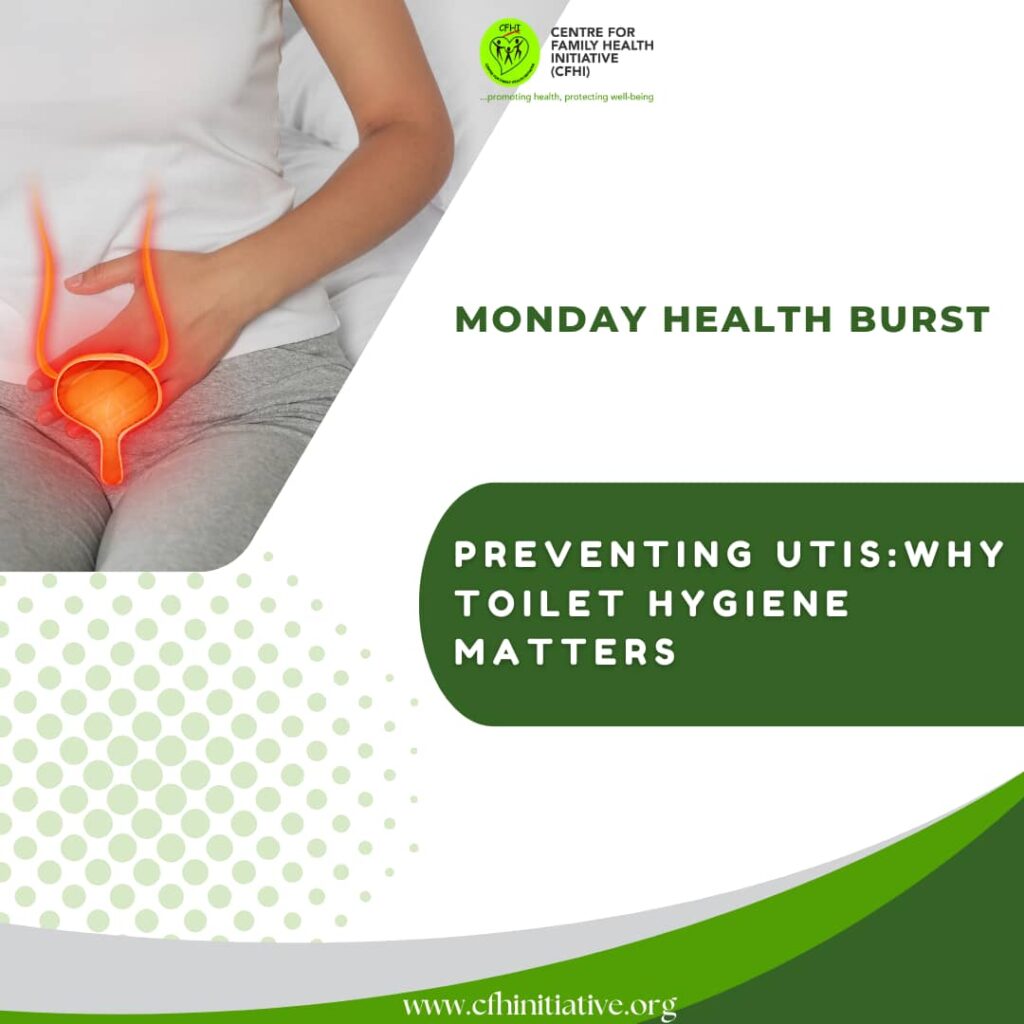Preventing urinary tract infections (UTIs) begins with understanding the importance of toilet hygiene. UTIs, a common health issue affecting millions globally, occur when harmful bacteria enter the urinary system, causing discomfort, pain, and potentially severe complications like kidney infections. Poor toilet hygiene is a leading cause of UTIs, as it can introduce bacteria, such as Escherichia coli (E. coli), from the digestive tract into the urinary system. Practices like improper wiping or neglecting to wash hands after using the restroom significantly increase the risk of infection.
To reduce the likelihood of UTIs, it’s essential to adopt proper hygiene practices. Wiping from front to back prevents bacteria from the anal area from reaching the urethra, while thorough handwashing eliminates germs that could spread to other surfaces or the body. Keeping the genital area clean and dry is equally important since damp environments encourage bacterial growth. Regularly cleaning toilets, whether at home or in public spaces, also minimizes exposure to harmful bacteria. Avoiding the habit of holding urine is crucial, as regular urination flushes out bacteria, preventing them from multiplying.
Staying hydrated is another vital aspect of UTI prevention. Drinking plenty of water helps dilute urine and flush out bacteria, promoting frequent urination that naturally cleanses the urinary tract. This practice, combined with good hygiene, creates a strong defense against infections.
Women, due to their shorter urethras, are more prone to UTIs, making toilet hygiene even more critical. Specific measures, such as avoiding harsh soaps and wearing breathable cotton underwear, help reduce irritation and bacterial growth.
In 2020, CFHI commemorated World Toilet Day in Saburi Community, Abuja, where over 55 community members were sensitized on the dangers of open defecation, the importance of proper hygiene practices, the need to promote climate action, and the benefits of embracing effective waste disposal methods. This impactful initiative highlighted CFHI’s dedication to improving sanitation, fostering healthier living conditions, and driving environmental sustainability within the community.
Toilet hygiene, when paired with good hydration and regular urination habits, serves as a powerful tool in preventing UTIs and promoting overall urinary tract health. By maintaining these simple yet effective practices, individuals can protect their health and avoid the discomfort of infections. Prevention is always better than cure, and prioritizing hygiene is a step toward long-term well-being.




